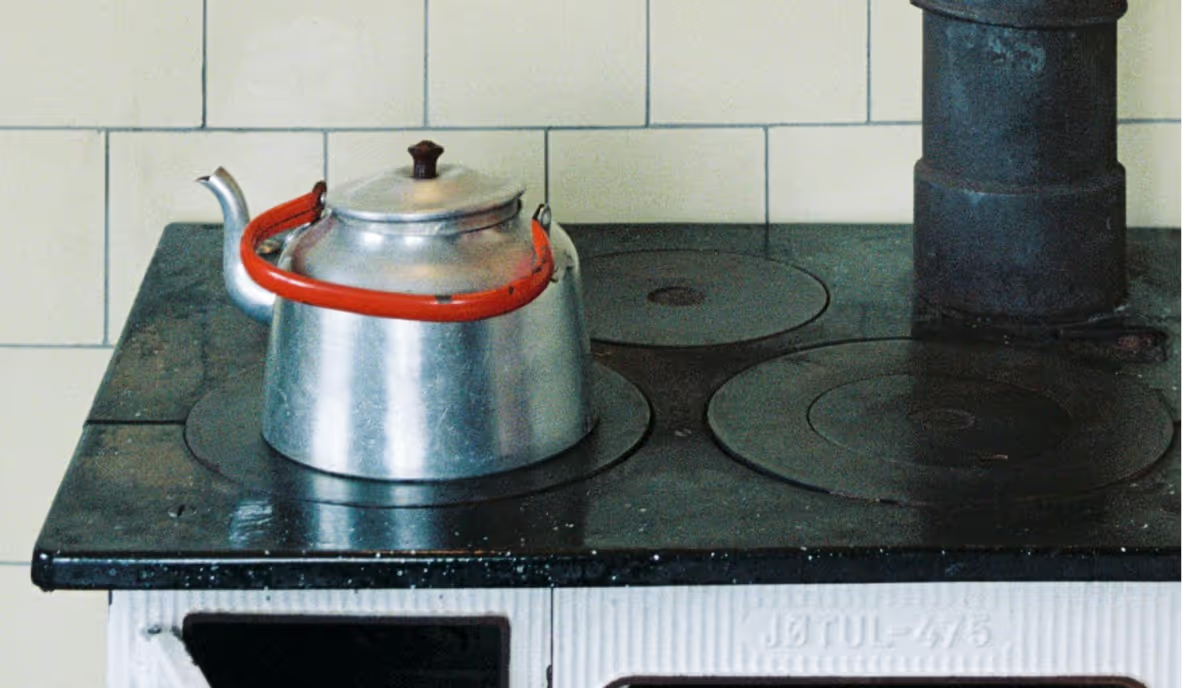Can Induction Stoves Reduce Your Electricity Bills?

Join the community





If you’ve ever used an induction stove, you would have noticed how it remains cool after cooking, allowing you to clean it almost immediately. This is very different from electric coil or gas cooktops.
Electric coil and gas cooktops first heat an element, which then transfers the heat to the cookware. On the other hand, induction cooking uses an electromagnetic coil to create a magnetic field when supplied with current. When the cookware enters this field, it heats up internally, generating heat from within the cookware itself.
As a result, induction cooktops are more efficient and help save on energy costs and emissions.
{{cta-join2}}
Do induction stoves use less electricity?
Since induction appliances don’t have an intermediary element, they transfer heat more effectively. They are up to three times more efficient than gas stoves and about 10% more efficient than standard electric ranges. This efficiency means less energy waste, which can lower your electricity bills.
One report showed that induction cooktops boil water 20-40% faster than gas and electric cooktops. In another test, an induction stove boiled water in just 5.8 seconds, compared to 8.3 seconds for a gas stove.
Also, as induction stovetops stay cool, they don't heat the surrounding air like gas and electric ones do. This means your HVAC system doesn't have to work as hard, which further cuts down on energy use and costs.
Induction stoves are a safer choice
Gas stoves release indoor air pollutants like nitrous oxides (NOX), carbon monoxide (CO), and formaldehyde (HCHO), which can cause respiratory issues and are linked to childhood asthma. Switching to induction cooktops can keep your family healthier and might even lower your medical bills. Induction stoves also have a safety feature that shuts them off if no cookware is detected, reducing burn risks.
Induction stoves were once expensive, but prices have dropped significantly. Now, you can find four-burner induction ranges for around $1,000. If you’re unsure and want to start small, try single-burner units that are available for as little as $70.
Eligible households can receive up to $840 off the cost of an induction range with Energy Star approval. Use this calculator to find out your rebate eligibility based on your household income, size, zip code, tax filing status, and whether you own or rent your home.











